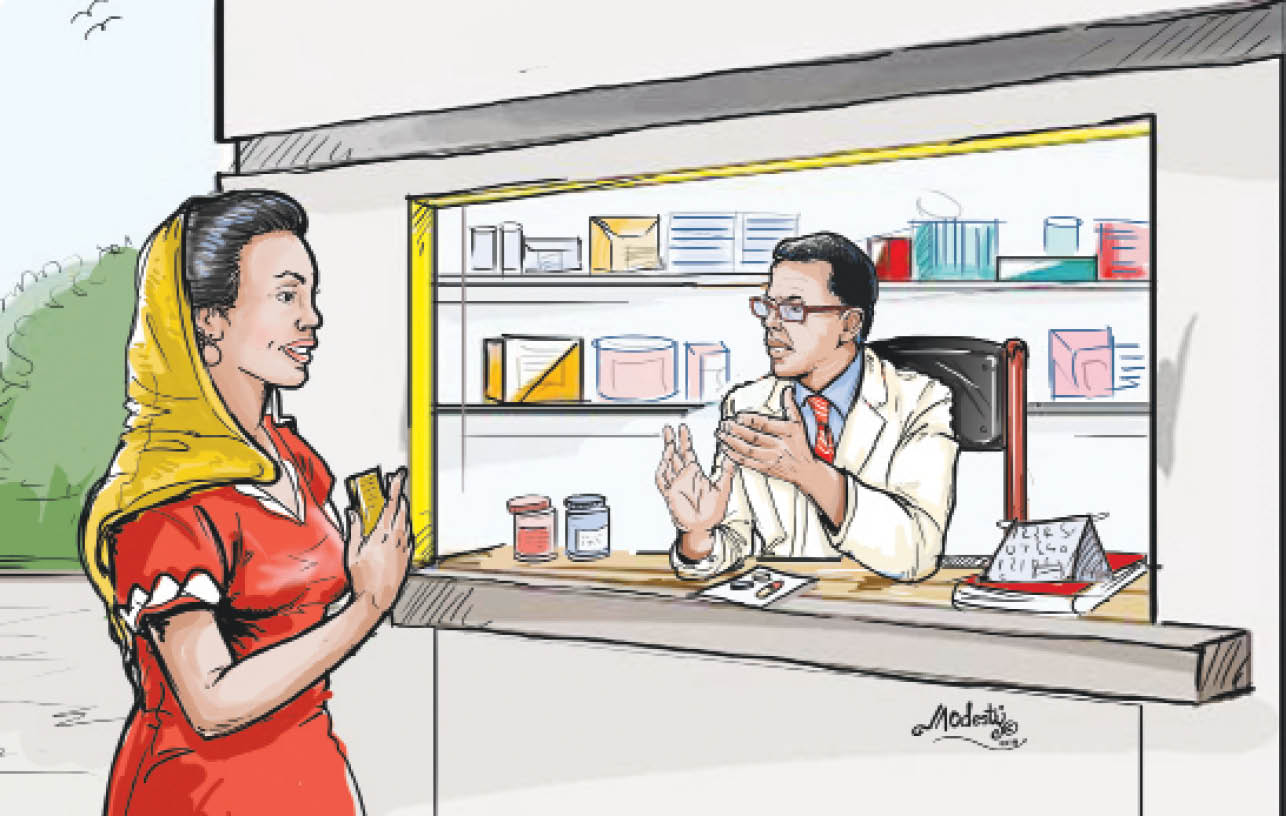Experts sensitise coalition on reproductive health rights, insurance for women
Experts have sensitised women groups under the aegis of the FCT Coalition for Sustainable Development on their advocacy roles to ensure improved access to quality health service delivery for women. They were sensitized on Universal Health Coverage (UHC), Reproductive health and justice, Gender-based violence, and Primary Health Care Under One Roof (PHCUOR) and the FCT […]

Experts have sensitised women groups under the aegis of the FCT Coalition for Sustainable Development on their advocacy roles to ensure improved access to quality health service delivery for women.
They were sensitized on Universal Health Coverage (UHC), Reproductive health and justice, Gender-based violence, and Primary Health Care Under One Roof (PHCUOR) and the FCT Health Insurance bill among others.
Over 45 women were drawn from professional groups, civil society organisations, faith-based organizations, trade groups and the six area councils of the FCT for the capacity-building programme.
The programme was done with the support of the USAID Integrated Health Project (IHP) and the Africa Health Budget Nigeria (AHBN) and other partners.
FG: 400,000 healthcare workforce not enough for Nigeria
NATE asks FG to stop HND/BSc dichotomy, seeks polytechnic commission
Speaking during the exercise yesterday in Abuja, a health insurance champion and Executive Director of the International Society of Media in Public Health (ISMPH) said the majority of the Nigerian population is left to pay for health out of pocket despite the fact that it is not a viable option.
She said health insurance offers Nigeria a huge opportunity to change her fortunes as a country.
She said, “Health insurance offers the advantages of pooling resources for all aspects of healthcare services, service delivery, restructuring our health system and research to support and secure our national health, promote national strategic human health services as well as strategically impact our growth and development for our socio-economic health.”
Oyeyemi Pitan, Partnership and Engagement Lead for the African Health Budget Nigeria (AHBN) said a strong referral and linkage system has been built to enable the women to know how to identify and mobilize themselves in response to reproductive health and justice issues in their respective communities.
She said this includes knowing the right lawyers, police, and hospitals to get evidence and response among others.
She said issues of reproductive justice include female genital mutilation, and various gender-based violence such as domestic violence, incest and rape.
“So we are sensitizing them so that they are aware of these issues; know how to identify them and also know the right response. We are building a network of lawyers, government officials and even the women themselves so that they know who to call when issues arise for a swift response,” she said.
The convener of the capacity building programme, Dr Nihinlola Mabogunje, said the programme was geared towards deepening the knowledge of the women groups on the policy and advocacy process, especially in the context of women’s health and rights.
Aanu Rotimi of the FCT Accountability Mechanism (FCTAM) support said the benefits of UHC for Nigeria include increased life expectancy, reduction in mortality and morbidity, increase in total revenue and predictability of revenue for healthcare business, and increased productivity and reduction in unemployment.
